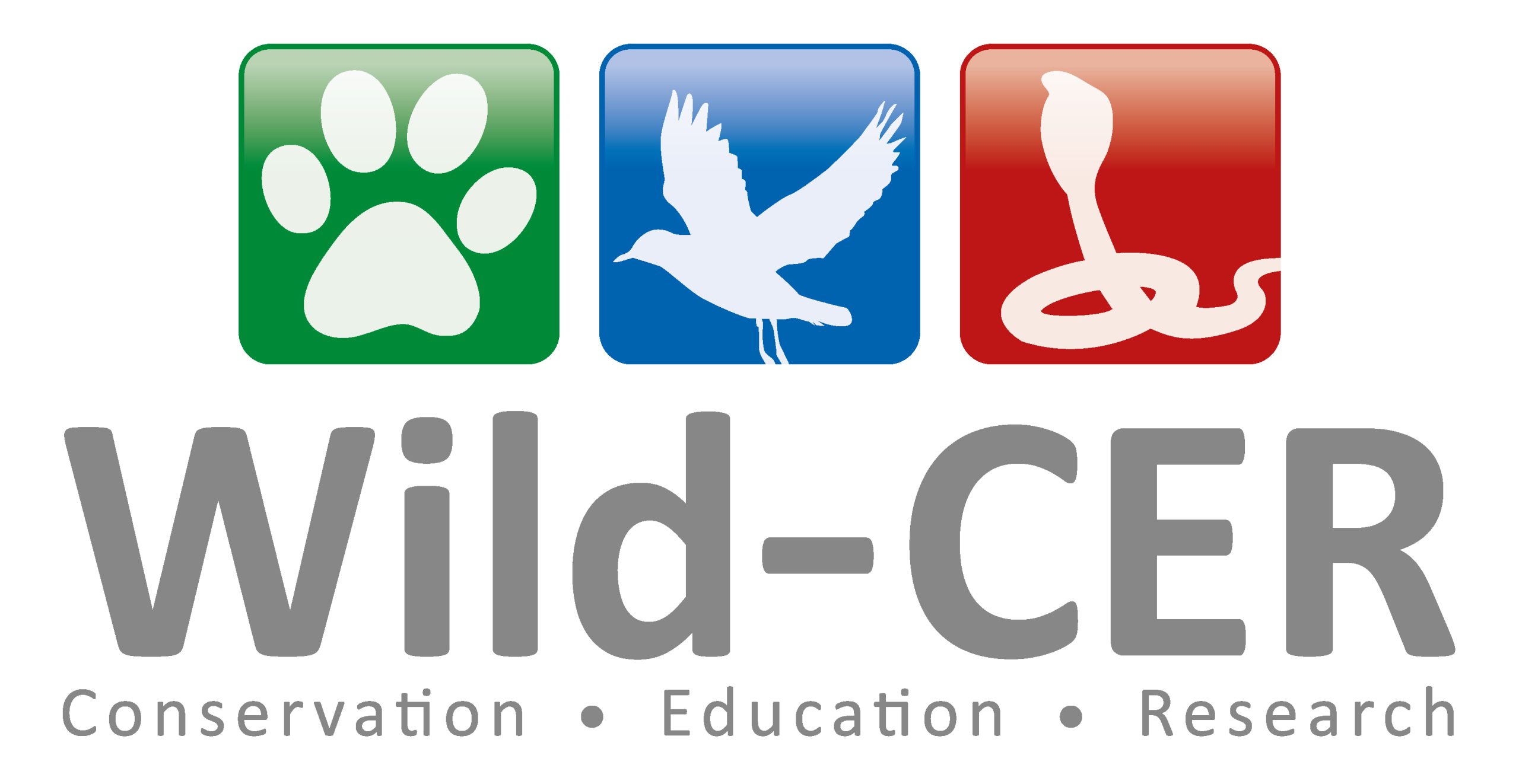Two training workshops on “Wildlife Investigation through Forensic Techniques”for frontline staff of Navegaon-Nagzira Tiger Reserve, Maharashtra and Gondia Territorial division were organized on 12 – 13th June 2019 in Gondia district, Maharashtra. The training program was organized by Society for Wildlife Conservation, Education and Research (Wild-CER), hosted by Navegaon-Nagzira Tiger Reserve (NNTR) and was supported by Wildlife Trust of India (WTI).
According to National Tiger Conservation Authority (NTCA), the states of Madhya Pradesh and Maharashtra are the states that collect highest samples of tiger for examinations but Maharashtra has the highest number of samples collected being inconclusive. Besides this health monitoring, disease risk analysis in free ranging wildlife is not conducted regularly in many protected areas giving no idea about the cause of mortality and status of transmission of diseases to and from wild animals.
A study by Wild-CER revealed that laboratory results in most of the mortality cases of free ranging wildlife remain inconclusive due to various reasons. The samples were unfit for laboratory diagnosis in many of the cases due to contamination or inadequate knowledge of collection, labeling, packaging, preservation and transportation of the sample to the laboratory.
Both Wild-CER and WTI came together to address this knowledge gap in the frontline staff of NNTR and Buffer Zone territorial staff of Gondia and Bhandara division and a one day training workshop was held for the frontline staff at Nawegaon and Nagzira respectively. The training was given by technical resource persons – Dr. A.B. Shrivastav- Retd HoD, School of Wildlife Forensic and Health, Jabalpur, Dr. Priya Baviskar – Asst. Professor, Nagpur Veterinary College and Dr. Bahar Baviskar – Director and Wildlife Veterinarian, Wild-CER. The training program was attended by 122 frontline staff of NNTR and Gondia and Bhandara forest division’s.
The training briefed on introduction to forensic study and its scope, collection, preservation for various types of examinations to be done, right packaging, labeling and delivery of the samples, scat collection and health monitoring. Demo of sample collection equipment was also given to the participants.
NNTR Field Director and Conservator of Forests – M. Ramanujam, Deputy Field Director – Poonam Pate, Divisonal Forest Officer (WL) – UttamSawant extended their support in organizing the training along with ACF’s – Pradeep Patil, Shrikant Pawar and Sadgir along with Anil Kumar, Manager – WTI.






